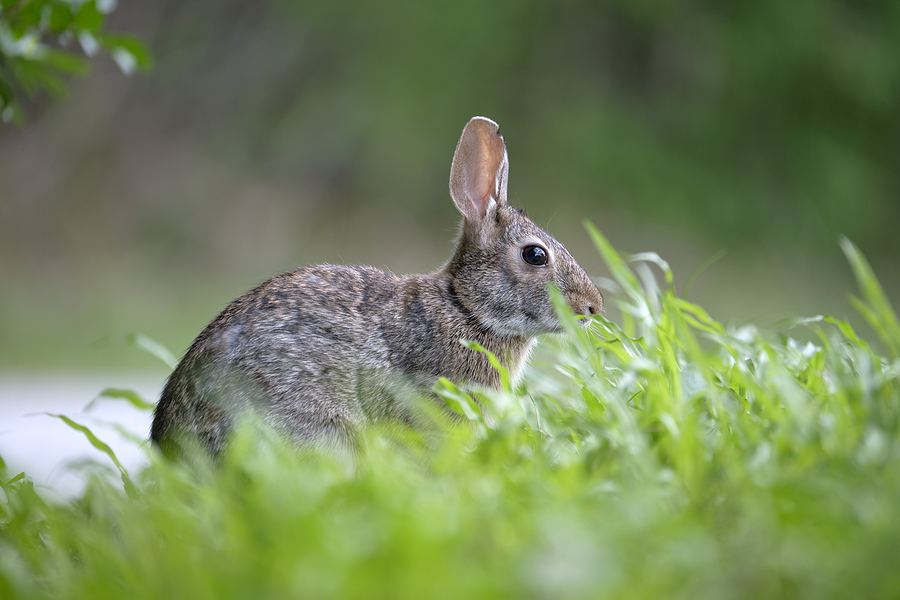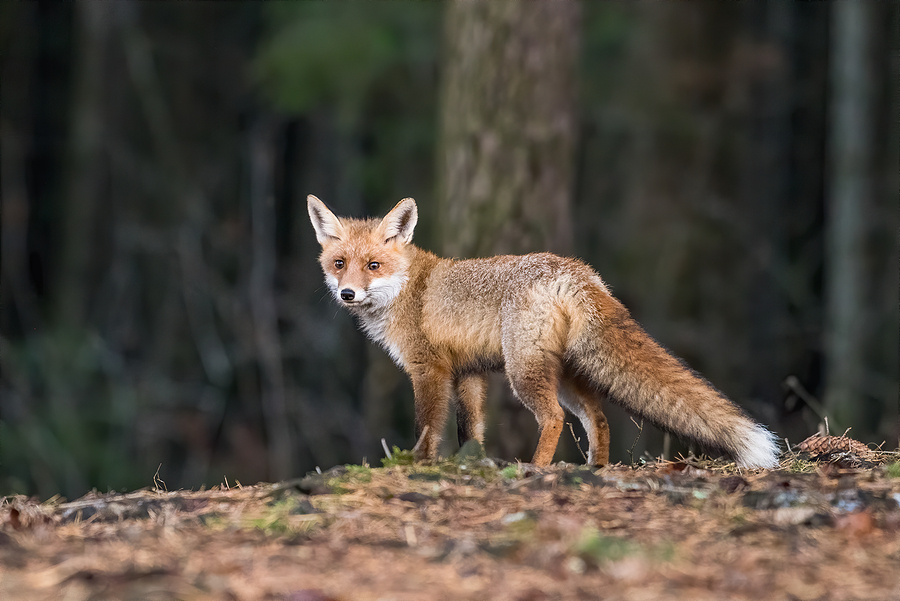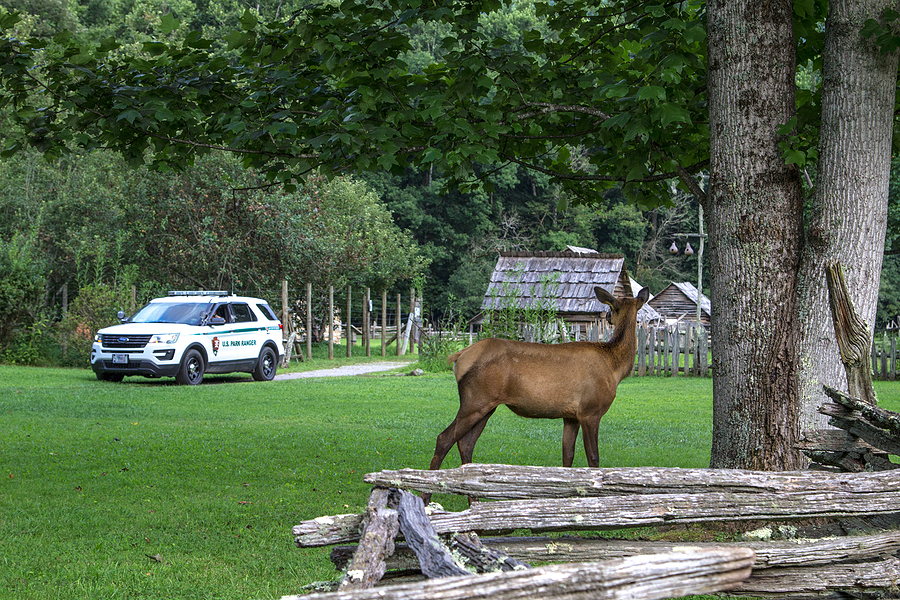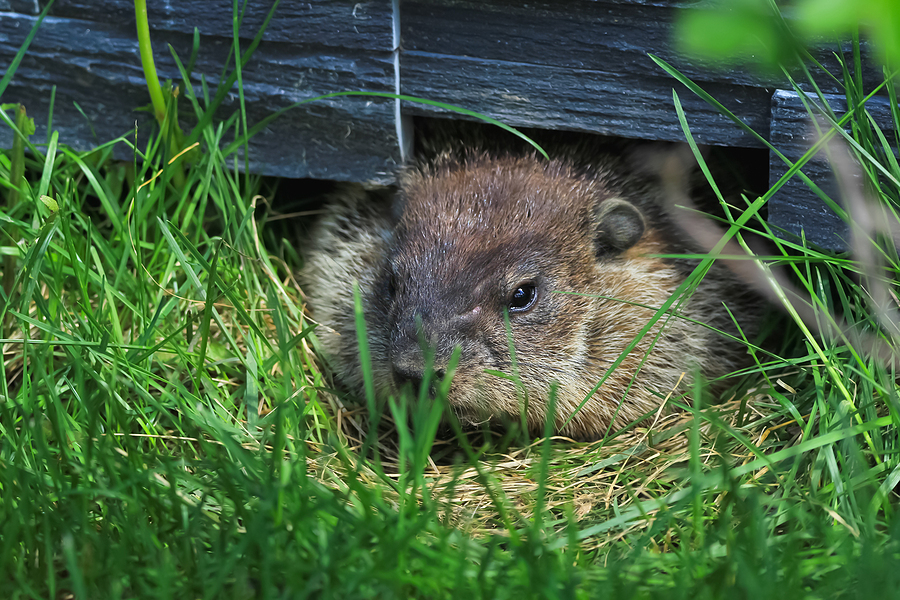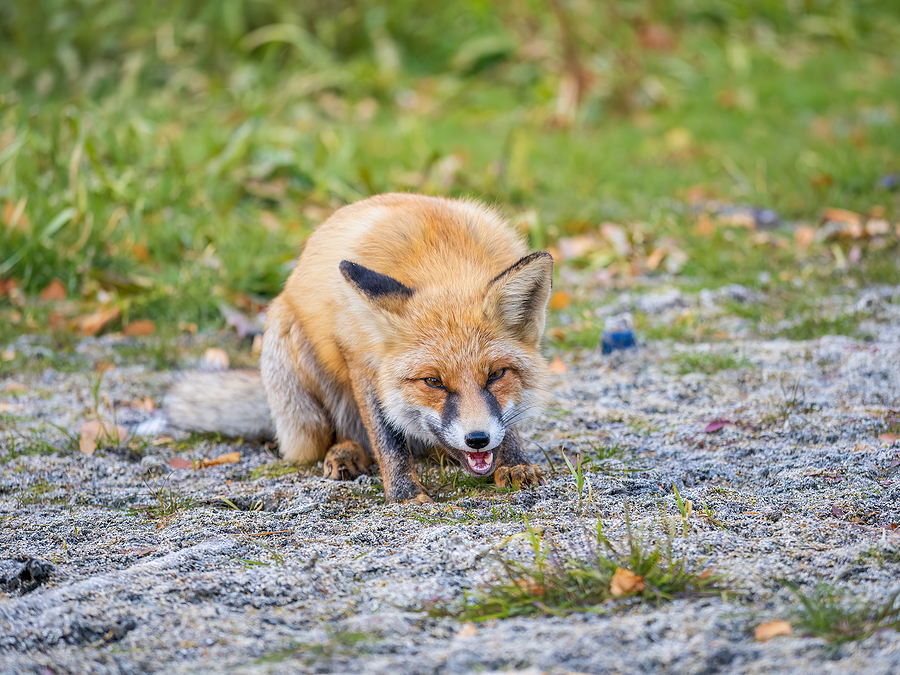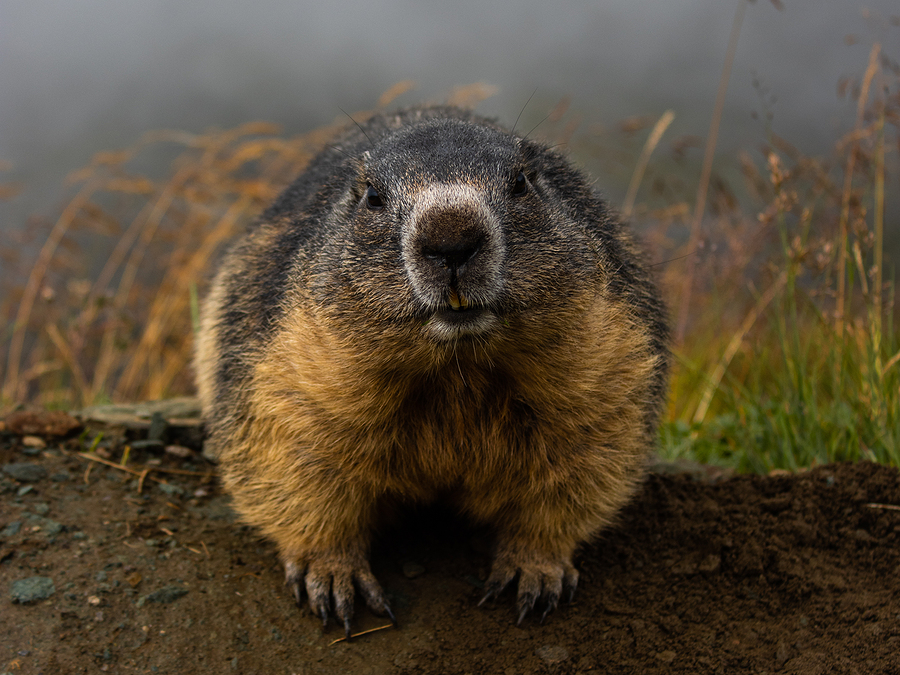Tennessee’s stunning landscapes are home to a diverse array of wildlife. From the majestic Great Smoky Mountains to the serene banks of the Tennessee River, the state is a paradise for nature lovers. However, with this diverse wildlife comes the potential for disease transmission.
Understanding these diseases is crucial for outdoor enthusiasts, health-conscious individuals, wildlife lovers, homeowners, pet owners, and parents. This blog aims to shed light on the common diseases carried by Tennessee wildlife, offering insights and tips to ensure you can enjoy nature safely.

Common Wildlife Diseases in Tennessee
Lyme Disease and Ticks
Lyme disease is a significant concern in Tennessee, transmitted through the bite of infected black-legged ticks. These tiny arachnids latch onto humans and pets, potentially leading to severe health issues if not promptly addressed. Symptoms often include fever, headache, fatigue, and a characteristic skin rash called erythema migrans.
To prevent Lyme disease, it’s essential to take preventive measures. Wear long sleeves and pants when hiking, use insect repellent, and perform thorough tick checks after spending time outdoors. For pet owners, consult your veterinarian about tick prevention products to safeguard your furry friends.
Rabies Virus
Rabies is a viral disease that affects the nervous system of mammals, including humans. It is typically spread through the bite of an infected animal, such as raccoons, skunks, bats, and foxes. Rabies is almost always fatal once symptoms appear, making early intervention critical.
Preventing rabies involves several steps. Vaccinate your pets against the virus, avoid contact with wild animals, and secure your trash to deter wildlife from coming close to your home. If you suspect an animal is rabid, do not approach it and contact local animal control immediately.
Leptospirosis
Leptospirosis is a bacterial infection that can affect both humans and animals. It is often spread through contact with water contaminated by the urine of infected animals, such as rodents and wildlife. Symptoms include high fever, severe headache, muscle aches, chills, and vomiting.
To protect yourself from leptospirosis, avoid swimming or wading in potentially contaminated water, especially after heavy rainfall. Ensure pets are vaccinated, and practice good hygiene, such as washing hands thoroughly after handling animals or cleaning their habitats.
Histoplasmosis
Histoplasmosis is a fungal disease caused by inhaling spores found in soil contaminated with bird or bat droppings. This disease is particularly prevalent in areas with large bird populations or bat colonies. Symptoms can range from mild flu-like symptoms to severe respiratory issues.
To prevent histoplasmosis, avoid disturbing areas where bird or bat droppings accumulate. If you must clean such areas, wear protective gear like masks and gloves. Homeowners should ensure proper ventilation in attics and other spaces where bats might roost.
Roundworm
Roundworms are common parasites found in wildlife, particularly raccoons. They can pose a risk to both humans and pets if ingested accidentally. Symptoms in humans may include nausea, fatigue, and abdominal pain.
Prevention includes maintaining good personal hygiene, especially after handling soil or sand where animals may have defecated. Pet owners should regularly de-worm their pets and prevent them from scavenging wildlife feces.
Hantavirus
Hantavirus is a severe respiratory disease transmitted through contact with urine, droppings, or saliva of infected rodents. Early symptoms resemble the flu but can escalate to severe respiratory distress. To prevent hantavirus, minimize contact with rodents. Seal holes and gaps in your home to keep rodents out, and clean rodent-infested areas with disinfectant while wearing protective gear.
Salmonella
Salmonella is a bacterial infection that can be contracted through contact with reptiles, birds, and their environments. Symptoms include diarrhea, fever, and abdominal cramps. To reduce the risk of salmonella, wash your hands thoroughly after handling reptiles, birds, or their enclosures. Avoid eating or drinking around these animals, and educate children about the importance of hygiene.
Distemper
Distemper is a contagious viral disease affecting various wildlife species, particularly raccoons, foxes, and skunks. Symptoms in these animals include nasal discharge, coughing, and neurological signs. Preventing distemper involves vaccinating pets and keeping them away from wild animals. If you encounter wildlife showing signs of distemper, contact a local wildlife control company for assistance.
Health Risks and Prevention
Outdoor Enthusiasts and Hikers
Outdoor activities bring joy and adventure, but they also come with risks. To minimize exposure to wildlife diseases, follow these tips:
- Stay on Marked Trails: Avoid venturing into dense brush where ticks and other wildlife may be hiding.
- Use Protective Gear: Wear long sleeves, pants, and insect repellent to reduce the risk of tick bites.
- Perform Tick Checks: After your hike, check your body and clothing for ticks and remove them promptly.
Homeowners and Pet Owners
For those living near wooded areas, wildlife encounters are common. Here are some preventive measures:
- Secure Your Home: Seal gaps and holes to keep wildlife from entering your home.
- Manage Trash: Use sealed trash cans to prevent attracting raccoons and other wildlife.
- Pet Safety: Keep pets vaccinated and supervised when outside to avoid contact with wild animals.
Parents and Their Children
Young children are naturally curious and may be at higher risk of wildlife exposure. Protect them with these tips:
- Educate: Teach children about the dangers of wildlife and the importance of not approaching or touching wild animals.
- Supervise Play: Keep an eye on children when they play in areas where wildlife may be present.
- Hygiene: Encourage regular handwashing, especially after outdoor activities or contact with animals.
How to Identify Symptoms of Common Animal Diseases
Early recognition of disease symptoms is crucial for effective treatment. Be on the lookout for:
- Unexplained Illness: Fever, fatigue, and muscle aches can be signs of various wildlife diseases.
- Skin Changes: Rashes, especially those that expand outward, could indicate Lyme disease.
- Respiratory Issues: Persistent coughing or difficulty breathing may be symptoms of hantavirus or histoplasmosis.
The Importance of Early Detection Professional Healthcare
If you suspect you’ve contracted a wildlife disease, seek medical help promptly. Early detection can make a significant difference in treatment outcomes. Inform your healthcare provider about recent outdoor activities or wildlife exposures to aid in accurate diagnosis.
Conclusion
Tennessee’s rich wildlife offers endless opportunities for exploration and enjoyment. However, being aware of the diseases they may carry is essential for safe coexistence. By following preventive measures and staying informed, you can protect yourself, your family, and your pets from potential health risks.
For additional support in managing wildlife around your home, consider reaching out to a trusted local wildlife control services. Contact Smoky Wildlife Control at 615-610-0962 for TWRA licensed animal removal and control in Nashville, Tennessee and beyond. We work with many types of wildlife and serve both residential and commercial clients.
Related Posts:
The Role of Responsible Wildlife Control in Nashville’s Ecosystem
Exploring the Role of Synanthropes in Urban Areas
Why You Should Not Feed the Wild Animals Around Your House




